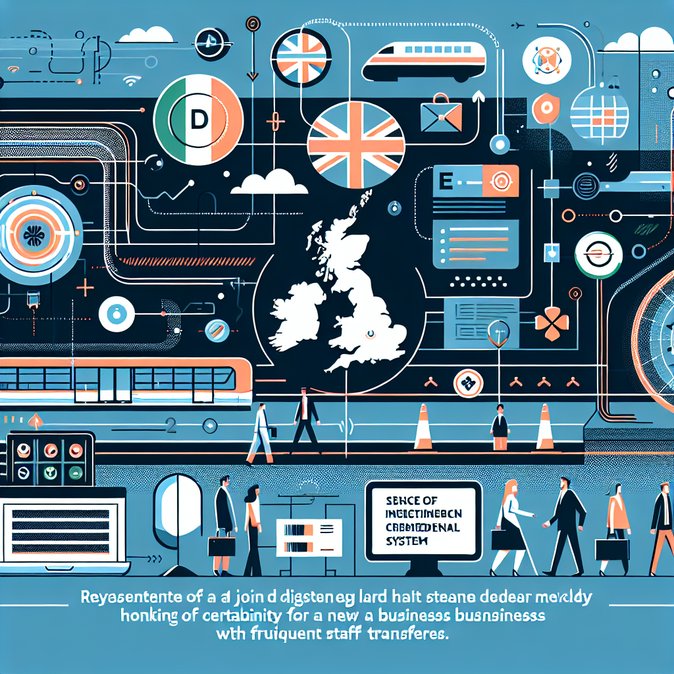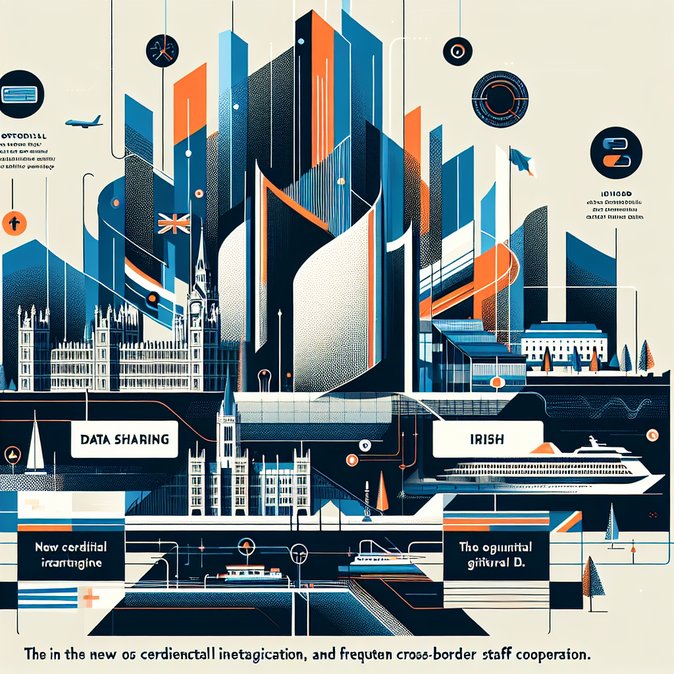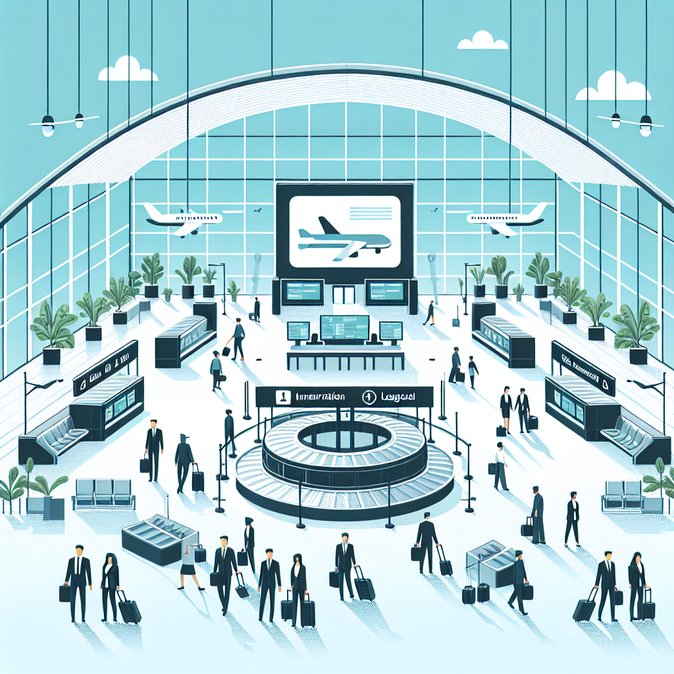
Meeting in Dublin on 17 November 2025, the British-Irish Inter-Governmental Conference (BIIGC) issued a joint communiqué that puts cross-border mobility at the top of the agenda. Irish Tánaiste Simon Harris and Justice Minister Jim O’Callaghan met their UK counterparts Hilary Benn and Matthew Patrick, agreeing that the Common Travel Area (CTA) remains “a cornerstone of economic and social life on both islands.” The two governments pledged to maintain visa-free movement for their citizens despite wider European pressures to tighten borders.
The communiqué also dealt with the UK’s forthcoming Digital ID scheme. London confirmed that the digital credential—intended to speed up border checks—will be introduced in a way that “fully protects” CTA rights. Dublin welcomed the assurance but asked for technical consultations to ensure Irish passport chips and UK digital IDs are mutually recognised at e-gates. Officials will create a bilateral working group in early 2026 to draft data-sharing protocols.
![Ireland and UK Re-commit to Common Travel Area, Flag Data-Sharing Issues in Joint Communiqué]()
For businesses, the statement provides much-needed certainty. Irish firms that frequently rotate staff between Belfast, Dublin and London feared that diverging ID systems could create delays at airports and ports. By explicitly linking the Digital ID roll-out to CTA safeguards, both governments signal that employers can continue using the fast-track CTA lane for temporary assignments and crew rotations without additional permits.
The communiqué also referenced cooperation on security and legacy issues, noting that “excellent cooperation between the PSNI and An Garda Síochána” underpins open borders. That cooperation extends to real-time passenger data exchange, an area likely to deepen as Digital ID infrastructure comes online.
Practically, travellers should expect pilot e-gate trials using the new UK credential at Dublin and Belfast airports in late 2026. Until then, passports remain the primary CTA travel document. Companies arranging cross-border meetings are advised to monitor the working group’s progress and ensure their HR and travel teams understand any new documentation once Digital ID goes live.
The communiqué also dealt with the UK’s forthcoming Digital ID scheme. London confirmed that the digital credential—intended to speed up border checks—will be introduced in a way that “fully protects” CTA rights. Dublin welcomed the assurance but asked for technical consultations to ensure Irish passport chips and UK digital IDs are mutually recognised at e-gates. Officials will create a bilateral working group in early 2026 to draft data-sharing protocols.

For businesses, the statement provides much-needed certainty. Irish firms that frequently rotate staff between Belfast, Dublin and London feared that diverging ID systems could create delays at airports and ports. By explicitly linking the Digital ID roll-out to CTA safeguards, both governments signal that employers can continue using the fast-track CTA lane for temporary assignments and crew rotations without additional permits.
The communiqué also referenced cooperation on security and legacy issues, noting that “excellent cooperation between the PSNI and An Garda Síochána” underpins open borders. That cooperation extends to real-time passenger data exchange, an area likely to deepen as Digital ID infrastructure comes online.
Practically, travellers should expect pilot e-gate trials using the new UK credential at Dublin and Belfast airports in late 2026. Until then, passports remain the primary CTA travel document. Companies arranging cross-border meetings are advised to monitor the working group’s progress and ensure their HR and travel teams understand any new documentation once Digital ID goes live.


